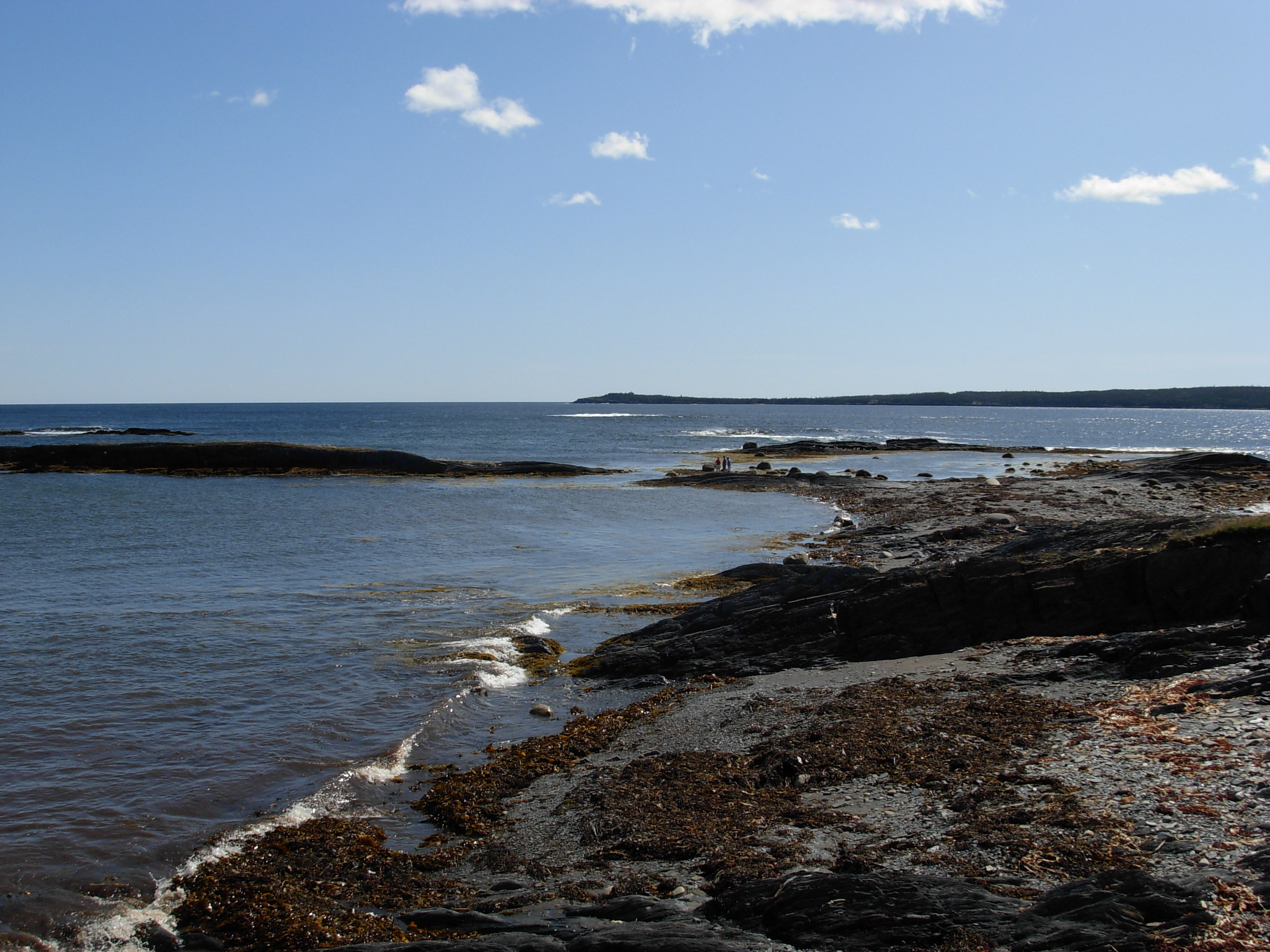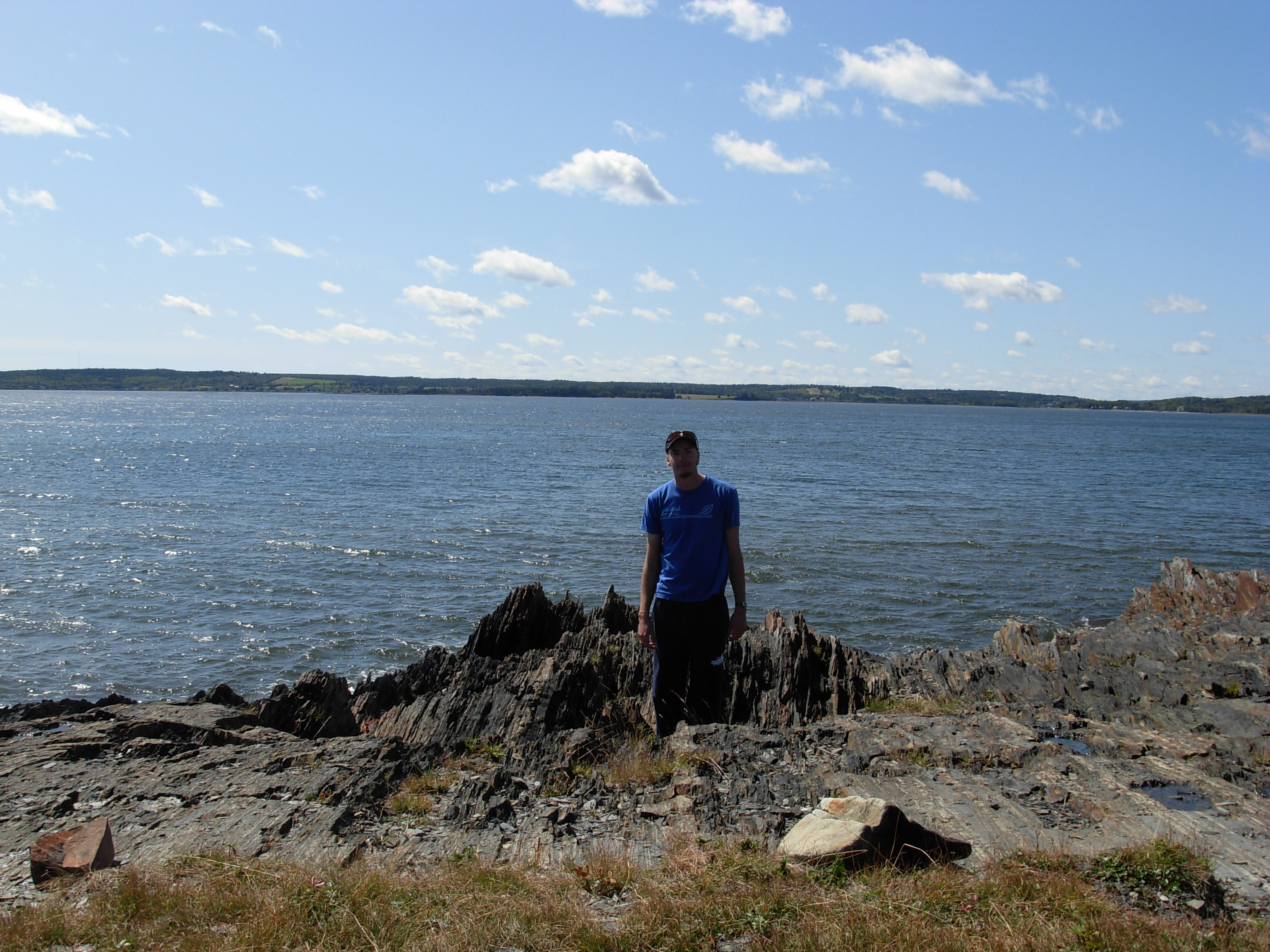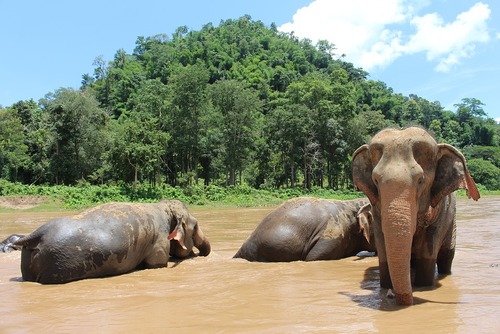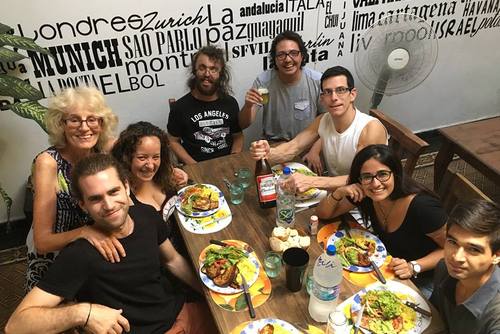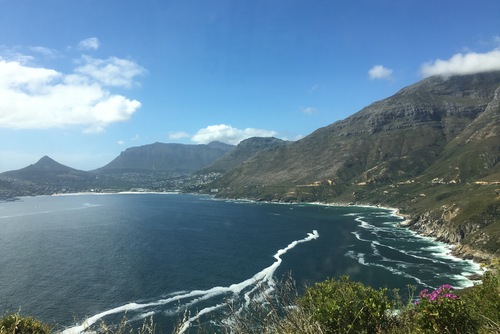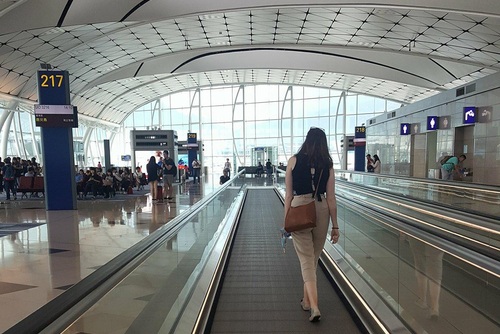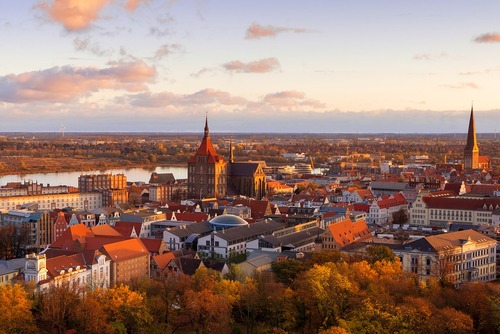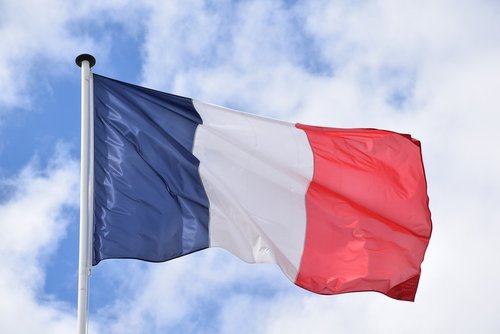When we say that we mean not answering work e-mails, not spending hours on Facebook and not reaching to your phone every 5 minutes.
By disconnecting yourself from technology you might be able to actually immerse yourself in a new destination, chat and learn new things from local people and give yourself a real break away.
In this article Logan Anderson shares his experiences from traveling without technology in Canada and why it might just be the best decision you can make.
How Cutting Yourself Off From The World Is The Best Decision You Can Make!
The first solo adventure I went on was in 2009 when I was 19 years old. I had gone through a lot of upheaval in my life before getting to that point, having finally come to terms with the depression and anxiety that had been plaguing me over the previous years.
Before leaving on my very impromptu trip, all my remaining belongings that I had not sold were put in a storage locker, I had withdrawn from the University who only months before had admitted me, and I quit the minimum wage job that I had begrudgingly been working. In return, I bought a plane ticket and a backpack.
But this wasn't going to be the regular sight-seeing, gap year adventure that many young adults decide upon after finishing high school or college. I needed something bigger, something important. This needed to be an awakening of sorts, a new chapter in my life that righted the ship and got me in the direction I needed to be going.
The technology I ended up bringing with me was very minimal. However, it wasn't an entirely conscious choice to do so. Even though this was only five years ago, technology wasn't as portable as it is now. Apple was only on their 3rd version of the iPhone, the iPad was years away from being made, e-readers were still a luxury, and my laptop weighted as much as all my other gear combined.
When I landed on the other side of Canada I had a flip-style cell phone and a basic point-and- shoot digital camera. That was it. And as it turned out, that the best thing that could have happened to me.
I didn't know much about this campground other than it was supposed to be wondrously beautiful. I didn't have a smartphone or anyway to access the internet to read reviews on Trip Advisor before I left, I couldn't scope out their website for prices or hours, and had no real way of knowing how to get there except for the crudely drawn map and bus schedule given to me by the hostel staff.
I was relying solely on the advice and knowledge of others. For all I knew, this campground may not even exist and it could have all been a practical joke they were pulling on an ignorant tourist.
With my little map in hand the next day, I got onto the bus I was told would take me to my intended destination and asked the driver if he knew which stop I was supposed to get off in order to get to the campground. He happened to know what I was talking about and said he would let me know when we got there so I didn't miss it.
A few hours later the helpful bus driver told me I had arrived, dropping me off at a small roadside convenience store on the side of the highway. I anxiously thanked him for his assistance and got off the bus. I then went into the convenience store and asked the attendant which way it was to my campground.
He pointed down a gravel road and said it was at the very end of the road, which was about 15 KMs (10 miles) away. It was already starting to get dark and a 15 KM walk would take me hours, so I asked him if there were any taxis in the area.
I finally arrived at the campground shortly before total darkness descended. The campground office had long since closed for the day, but the owners lived above the office and heard me arrive by cab.
The owner walked out onto her balcony and told me to just walk down to the water and pick any site I wanted, I could come back to the office to do the paperwork and pay in the morning, she said. I thanked her and stumbled my way down to the water and picked my campsite while trying to pitch my tent in the dark.
The next morning I woke up and had my first real look at my surroundings. The hostel staff in Halifax were definitely not playing a practical joke on me. As difficult as it may have been to get to the campground the previous day, there was no denying that it was very beautiful.
I could hear the waves from the ocean all night, but it wasn't until the morning when I saw just how close to the ocean my tent was, 40-50 metres as most. I got changed and walked up to the office, telling the nice owner I was the latecomer from the night before and that I would like a site for a few nights.
I ended up staying at that campground for a month.
My daily routine was very simple: wake up and get dressed, make something for breakfast, sit along the ocean and listen to music, make something for lunch, sit along the ocean and read one of the books I had packed, make something for dinner, sit along the ocean and write, go for a walk, sit along the ocean and do nothing.
The nearest town was over an hour walk away, so a few times a week I would go to get supplies and fill my pack with groceries and water. One morning while sitting along the ocean and not doing anything in particular, the nice owner of the campground came to me and said she was driving into town and I could tag along with her if I wanted to get some supplies.
We chatted during the drive in, her asking me about how a Western Canadian kid ended up in Nova Scotia alone, and me asking her if she drove all her customers around. After that day, she would come down to see me once or twice a week and ask if I wanted to go to town with her.
I had left home near the beginning of September and as October grew nearer, the campground became more and more empty. Tourist season in Nova Scotia was coming to a close, accompanied by cooler nighttime temperatures. I never packed an axe or had a car to get firewood, so for the first week or two at the campground my evenings largely consisted of me reading my flashlight.
I did notice that I had very few neighbours left in the campground, but the one exception was an older retired man who seemed to be by himself also. One night as I was walking past his campsite having just brushed my teeth, he asked if I wanted to join him around his campfire. It was a particular chilly night and it was a warming offer which I gladly accepted.
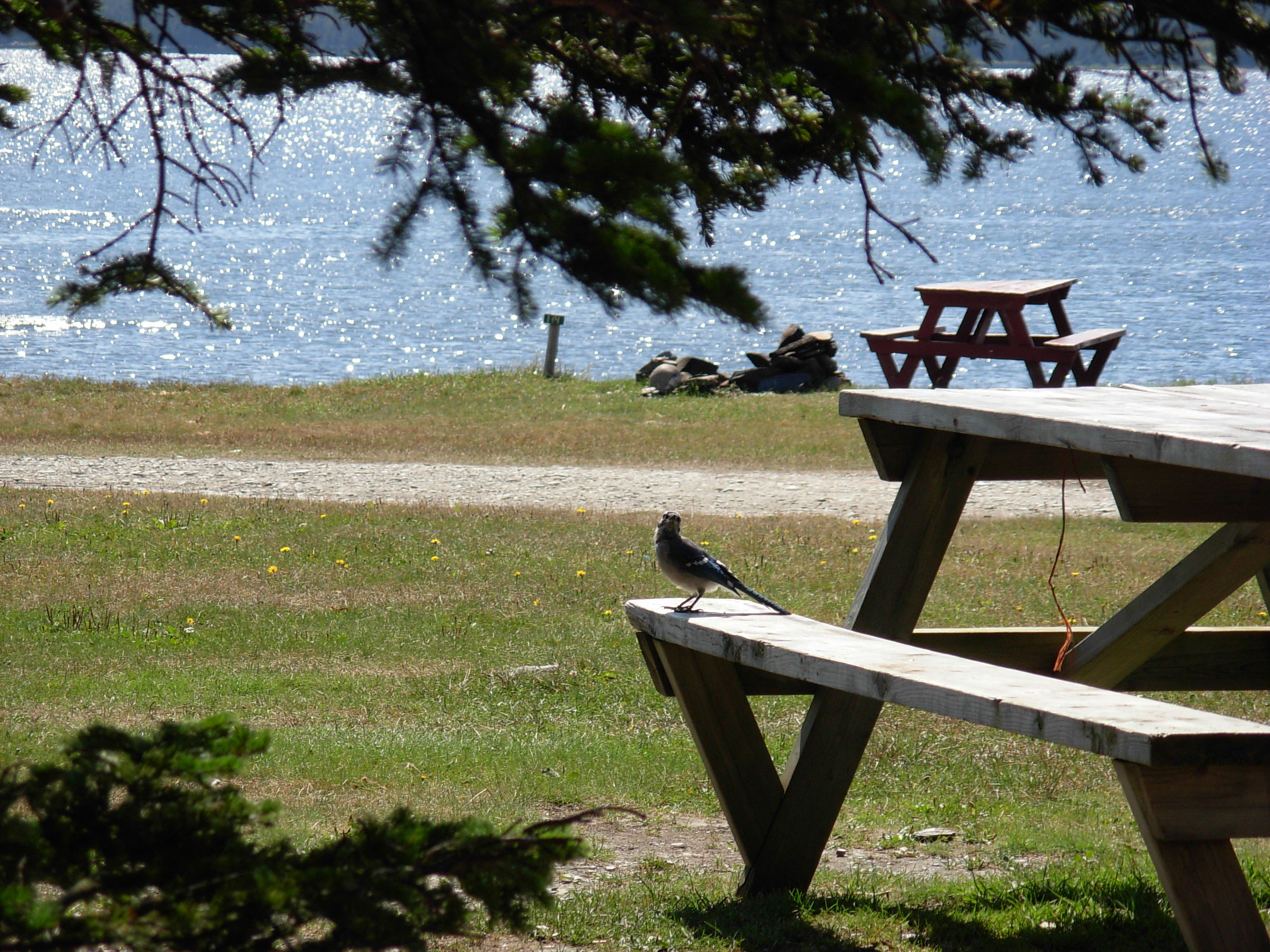
I told him about my trip and how I was hoping to find some kind of life meaning, and he told me how after his wife died he vowed he would do more travelling. Our conversations never got interrupted by text messages or phone calls. Our evenings were filled with nothing but the sound of the fire crackling and the ocean waves crashing.
One month after I arrived at the campground, my new retired friend said he was driving back to his home in Ottawa, Ontario and that if I wanted to, I could catch a ride with him. I said yes, as long as we could make a few stops along the way.
We ended up exploring Quebec City and Montreal before arriving a few days later in my next stop, Ottawa.
Reading this story, some people may say I got extraordinarily lucky in meeting nice people and having my trip turn out the way it did. While I will not dispute the fact that I met some very kind Canadians along my way, I do not think I got any luckier than anyone else would have in a similar situation, let me explain why.
I had no technology with me, no other means of assistance that we are so reliant upon in our daily lives and I think that I was able to make those connections with other people because I was disconnected and had to rely on personal connections and new relationships rather than any information I could have gained from the internet. I think if I were to go on that same trip today, it would be a completely difference experience simply because of technology.
I wouldn't have asked the hostel staff for their opinions on where I should go, I would have asked Google. I wouldn't have just jumped on a bus and hoped others could tell me where I was going, I would have researched it and known exactly where I was going before I left.
I wouldn't have created a friendship with the campground owner because I would have arrived on time at a different campground closer to a grocery store. And I likely wouldn't have gotten to know my campground neighbour and developed enough of a friendship with him that he would offer to drive me 1000 KMs across Eastern Canada because I would have been watching a movie on my iPad or texting friends back home rather than been open to sharing his campfire.
If you stay connected while travelling, it is hard for you to truly leave the place you have come from. Our minds have become used to being in so many different places at once, that we are rarely in one place anymore in our daily lives.
While you travel, it is important to experience where you are in those moments you are there. Travelling disconnected allows you to truly experience what you set out to find and live uninhibited.
By travelling disconnected you rely on people, you rely on yourself, and it becomes a more more impactful experience by not looking everything up on the internet or distracting yourself with people half a world away.
You have to actually talk to the people around you, in a real way. You have to get outside your comfort zone and interact with people in a way you probably don’t usually.
When I go on trips now, I bring an iPad so I can send the occasional email to family members, keep my blog updated, and keep digital copies of my travel itineraries, but I still don’t travel with a smartphone. And while I don’t need my adventures to be life changing anymore, I still try to avoid relying on technology once I get there, and instead try to rely on people.
If you need a spiritual awakening, if you are searching for meaning in life, travel disconnected.
By Logan Anderson
Related Pages:


